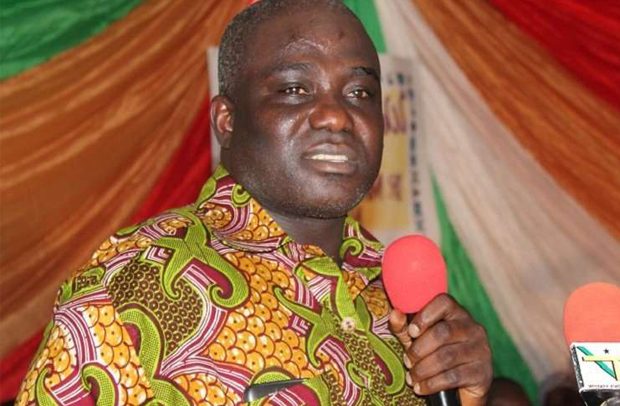Eric Opoku
The Minority National Democratic Congress (NDC) in Parliament has embarked on what appears to be a populist campaign to show solidarity with cocoa farmers.
During a news conference held in Parliament yesterday, the Minority warned that it would fiercely resist any attempts by the New Patriotic Party (NPP) government to reduce the producer price of cocoa for the next season.
Interestingly, the government announced that it would maintain cocoa prices in spite of International Monetary Fund (IMF) directives last week.
The IMF had directed the government to reduce the producer price of cocoa for farmers in order to ease the liquidity issues with Ghana Cocoa Board (COCOBOD), but the government stated categorically that the move would impoverish cocoa farmers.
Despite the government’s resolve, the NDC’s ranking member on the Food, Agriculture and Cocoa Affairs Committee of Parliament disclosed that the NPP government was using ‘subtle’ ways to reduce cocoa price for next season due to the IMF’s directive.
The NDC MP for Asunafo South, Eric Opoku, said the government should rather reduce the operational cost of the Ghana Cocoa Board (COCOBOD) drastically, which has been increased by 63% since the NPP government assumed office in January, 2017.
“We believe that this is purely propaganda by the government to prepare the ground to shortchange poor cocoa farmers, and that if indeed the statement from the IMF is correct, why didn’t the IMF ask the government to reduce its huge operational cost, which is having serious repercussions on the finance of the institutions and fortunes of cocoa farmers,” he said.
The ranking member further explained that the government could not increase producer price of cocoa for farmers last year even though Ghana was paid additionally for its premium cocoa beans.
He, therefore, called on the government to account for the additional funds paid for Ghana’s cocoa since 2017 and add them to the producer price of cocoa for next season to benefit cocoa farmers.
By Thomas Fosu Jnr

